在英國文化協會 British Council 的官網上,有非常多關於雅思考試的資訊和評論。其中有兩篇經典文章“Ten dos for the IELTS speaking test”和“Ten don’ts for the IELTS speaking test”完美地回答了雅思考生的各種問題。
這兩篇文章皆來自英國文化協會英語教學獎的老師 Chris Pell,相信大家在看完之後也會對雅思口說測驗有更深刻的認識,更能掌握到精髓。
今天就帶大家看看第一篇「雅思口說“十個要做”」的內容吧~
雅思官方機構英國文化協會文章出處,請參考:
https://www.britishcouncil.org/voices-magazine/ten-dos-ielts-speaking-test
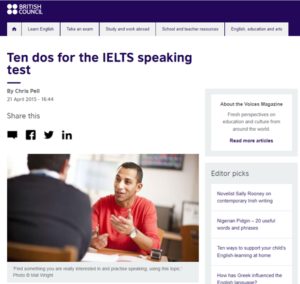
01 Do warm up 記得預熱!
What would happen if a footballer decided to play a game without running or stretching first? They would probably have a terrible game and maybe even injure themselves. Speaking a foreign language is no different. I advise all of my students to warm up for the IELTS test by speaking nothing but English for at least 24 hours before the test. This has a huge influence on your ability to naturally communicate in English. Tell your friends and family that you can only speak in English, and try to read and listen to English the day before the exam. Get to the testing centre early and engage the other candidates and staff in conversation. By the time your speaking test comes around, you will be ready.
如果一名足球運動員在比賽前不先跑步或伸展,他會發生什麼事呢?他們可能會踢得很糟糕,甚至可能會受傷。說一門外語其實也一樣,我建議我所有的學生在雅思考試前至少24小時只說英語來熱身。這對你自然地用英語交流有很大的作用。告訴你的朋友和家人你只會說英語,並在考試前一天試著聽讀英語,同時記得早點到考試中心,與其他考生和工作人員交談。到口語考試的時候,你就準備好了。
簡單來說,就是盡早地沉浸在英語環境裡,到考試的時候便能更加得心應手自如對答啦!
02 Do practise at home 在家一定要練習
Speaking is a skill and just like any other skill it requires many hours of practice. Lots of my students complain that they don’t have anyone to practise English with, but these days there are lots of ways to practise online.
口說是一項技能,就像其他技能一樣,它需要很多時間的練習。我的很多學生抱怨說他們沒有人可以和他們一起練習英語,但是現在有很多線上練習的方法。
和朋友聊天,網上找軟體 / 真人聊天 / 語言交換等都是不錯的方法,重要的是一定要多加練習!
03 Do ask the examiner 向考官問問題沒問題!
Many students don’t know that you can occasionally ask the examiner to repeat the question if you didn’t understand it, or to ask them to explain what one word means. It is not a listening test. If you listen to native English speakers, you’ll notice that they do this all the time. The important thing is not to ask the examiner to repeat every question or to explain every word.
許多學生不知道,如果你不明白問題的意思,你可以偶爾讓考官重複一遍,或者讓他們解釋一個單字的意思。畢竟這不是聽力考試,如果你聽native speakers說話,你會注意到他們也老是這麼做,重要的是不要讓考官重複每一個問題或解釋每一個單字。
04 Do extend your answers 一定要延伸你的回答
It is not a good idea to give very short answers in the IELTS test and you should try to extend your answers. Three ways to extend your answers are: 1) explaining why 2) giving examples and 3) giving concessions (showing the opposite side of the argument).
Here’s an example to the question What can people do to reduce global warming?
I believe the best way to combat climate change is to reduce carbon emissions. Carbon dioxide is the main reason the planet is getting hotter, because it is a greenhouse gas and prevents the sun’s radiation from leaving our atmosphere. For example, it has been shown that there is a link between the increased use of fossil fuels and rising global temperatures. However, some doubt this and think global warming is a natural cycle and not a man-made problem.
As you can see, this candidate has fully explained her point and provided both a relevant example and a concession.
在雅思考試中,回答太短不是個好主意,你應該嘗試拓展你的答案。有三種方法可以擴展你的答案:
- 解釋原因
- 舉例
- 讓步(展示論點的反面)。
這裡有一個關於“人們能做些什麼來減少全球變暖”的例子。
…
正如你所看到的,這位考生已經充分解釋了她的觀點,提供了一個相關的例子和一個讓步。
05 Do master functional language 一定要掌握功能性的語言
It is a very bad idea to memorise scripted answers, but you should be aware of the various types of functional language that might come up in the IELTS speaking test. You should be able to use the language of:
- giving opinions
- giving examples
- contrasting views
- evaluating someone else’s opinion
- talking about cause and effect
- talking about hypothetical situations.
You will be expected to talk about the past, present and future, so make sure you know the various forms for doing this.
死記硬背答案是一個非常糟糕的主意,但你應該意識到各種類型的功能性語言可能會出現在雅思口說測驗中。你應該能夠使用以下語言:
給出意見、例子、給出截然不同的觀點、評價別人的觀點、談論因果關係、談論假設的情況。
你會被要求談論過去、現在和將來,所以要確保你知道各種各樣的表達形式。
06 Do use natural spoken English 一定要用自然的口語
If you listen carefully to native speakers of English, you’ll notice some important differences in the way they speak compared to learners of English. Native speakers use connected speech, weak sounds, intonation and sentence stress that many non-native speakers find difficult or ‘unnatural’. Ask a teacher or research online how these pronunciation features influence your speech. Listen to recordings of native speakers of English (for example, on YouTube) and try to imitate their use of connected speech or intonation by pausing the recording and repeating what you hear. With enough practice, you will start to sound more like a native speaker.
如果你仔細聽以英語為母語的人說話,你會注意到他們與英語學習者說話方式的一些重要差異。母語人士使用連讀、弱音、語調和句子重音,許多非母語人士覺得很難或“不自然”。向老師諮詢或上網搜索這些發音特徵是如何影響你的講話的,也可以聽聽英語為母語人士的錄音,通過暫停錄音並重複你聽到的內容,嘗試模仿他們使用連貫的講話或語調。通過足夠的練習,你會聽起來會更像一個native speaker的!
簡而言之:多加練習以更加自然流利
07 Do consider grammar vs fluency 平衡文法vs流利度
To do well in the speaking test you will be expected to be both grammatically accurate and fluent. Often, students worry too much about their grammar and this stops them speaking at a natural pace, thus reducing their score for fluency.
A good thing to do is record yourself. Record yourself once and just focus on being grammatically accurate. When you listen back, you might hear how unnaturally slow your speech is. Next, record yourself and try not to worry about making any grammar mistakes, just try to speak at the same speed you do in your native language.
By doing this, you not only practise your fluency, but also identify common grammar mistakes and then fix them, making you even more fluent. Even native speakers make small grammar mistakes when speaking, so don’t worry too much about them and use them as stepping stones to success.
要想在雅思口說測驗中取得好成績,你必須在文法上準確同時又很流利。通常情況下,學生們會過於擔心他們的文法,卻阻礙他們以自然的速度說話,最終降低他們的流利度分數。
最好的辦法就是錄下自己的聲音。給自己錄一次音,注意文法準確無誤。當你播放音檔時,你可能會聽到你說話的速度是多麼不自然。接下來為自己錄音,儘量不要擔心犯文法錯誤,儘量用和說母語一樣的速度說話。
通過這樣做,你不僅練習了你的流利性,而且還發現了常見的文法錯誤,然後改正將會使你更流利。即使是以英語為母語的人在說話時也會犯一些小文法錯誤,所以不要太擔心,把它們當作成功的墊腳石吧!
簡單來說:要找到文法和流利度的平衡點,不要厚此薄彼
08 Do find your passion 找到你的熱情所在!
Students often obsess over past exam questions and practise these over and over. The problem with this is students often get bored and speak without any passion about these topics. A better way is to find something you are really interested in and practise speaking, using this topic. If you love football, listen to the commentators during matches or listen to a podcast about the weekend’s matches. If you are into fashion, watch some fashion shows on TV or YouTube. You can practise talking about these things with a friend, record yourself or find other like-minded people online and chat to them.
學生們經常沉迷於過去的考試問題,一遍又一遍地練習這些問題。這樣做的問題是,學生們經常會感到無聊,在談論這些話題時沒有任何激情。更好的方法是找一些你真正感興趣的東西,用這個話題練習口說。如果你喜歡足球,在比賽的時候聽聽解說員的解說,或者聽聽關於週末比賽的podcast。如果你喜歡時尚,可以在電視或網上看一些時尚秀。你可以和朋友練習談論這些事情,錄下自己的聲音,或者在網上找到其他志同道合的人,和他們聊天。
簡單來說:聊自己喜歡的東西
09 Do take time to think 可以花時間來思考
If you are asked a question you are not sure about, don’t be afraid to take a moment to think about it. This is totally natural and something native English speakers do more than you think. The important thing is to tell the examiner you are doing this by using phrases such as the following:
- That’s a difficult question. Let me think for a second…
- That’s a very interesting question. Let me think for a moment…
- It’s very difficult to know exactly, but perhaps…
- It’s difficult to say. I think…
- I don’t really know for sure, but I would say….
But make sure you don’t start every question with one of these phrases. The examiner will spot this and your mark will suffer if the examiner thinks you have prepared scripted answers.
如果你被問到一個你不確定的問題,不要害怕花一點時間去思考。這是很自然的,英文為母語的人同樣也會停下來思考。重要的是要告訴考官你是這樣做的,你可以使用下面這樣的開頭或片語:
…
但是要確保不要每個問題都用這些片語開頭。如果考官認為你的答案是事先準備好的,那麼你的分數就會下降。
10 Do correct yourself一定要糾正自己的錯誤
Don’t be afraid to correct any mistakes in the exam. This shows the examiner that you are aware of the mistake and know your grammar. Some students don’t like doing this because they think it alerts the examiner to your mistake leading to a lower score. The opposite is true. In fact, if you think about it, you probably correct mistakes in your own language all the time.
不要害怕在考試中改正錯誤。這會讓考官知道你意識到了錯誤,瞭解你的文法。一些學生不喜歡這樣做,因為他們認為這會提醒考官你的錯誤,從而導致較低的分數。但真相恰恰相反!事實上,如果你仔細想想,你可能一直在用母語糾正錯誤。
以上就是這篇文章的全部內容了,相信裡面許多個雅思口說測驗技巧都對大家非常有幫助,許多回答也解答了大家的疑惑吧!

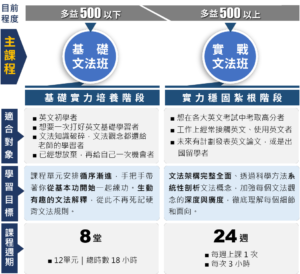
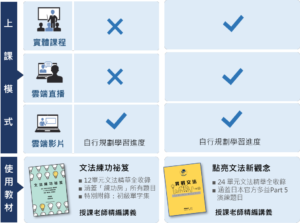












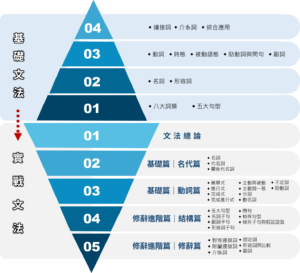
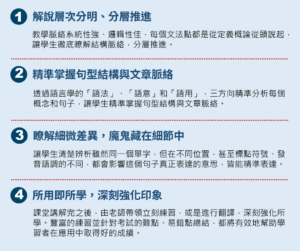

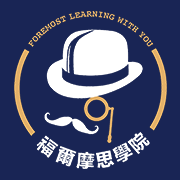

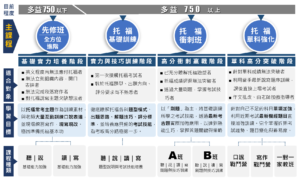
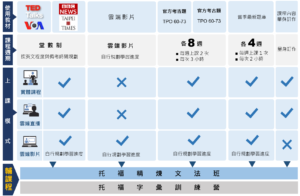
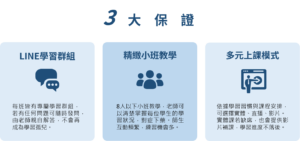
















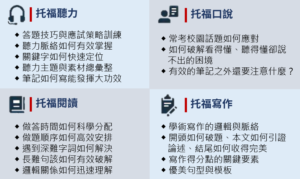
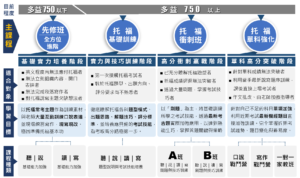



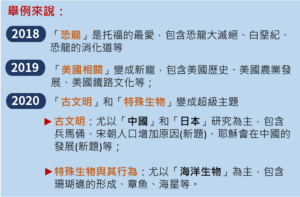









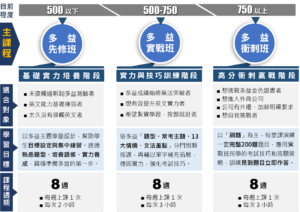
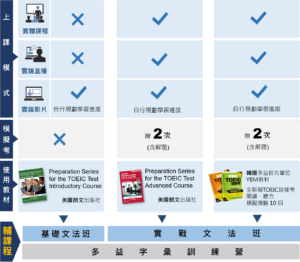














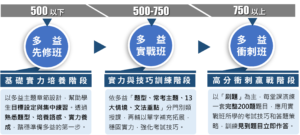



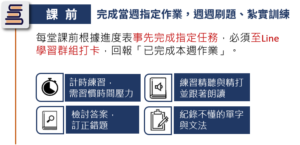




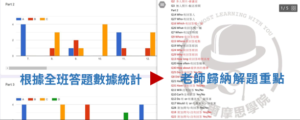

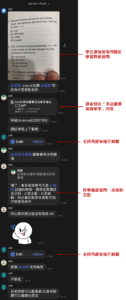

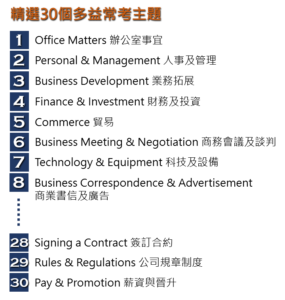
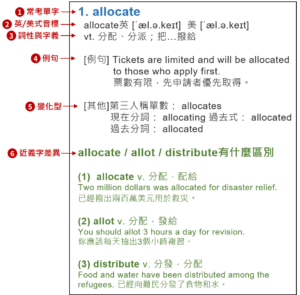



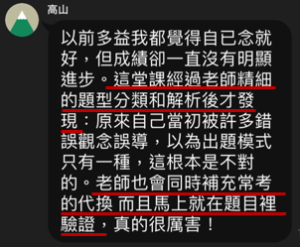
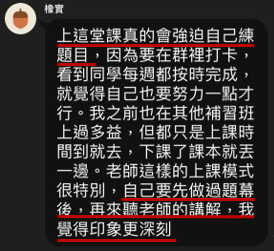
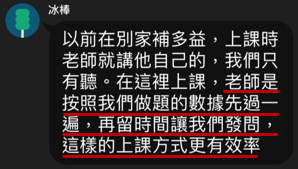



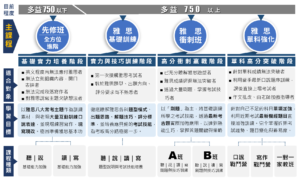

















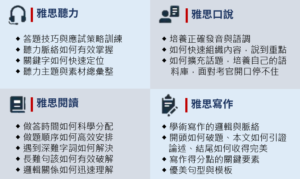
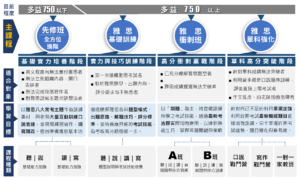
















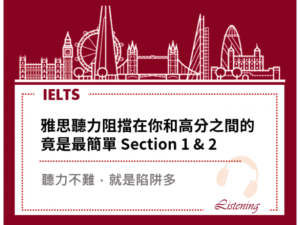




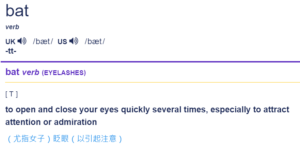

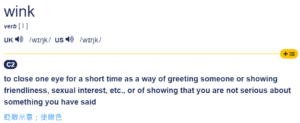



























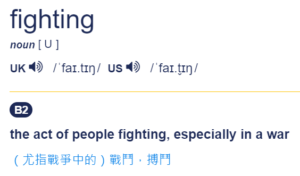
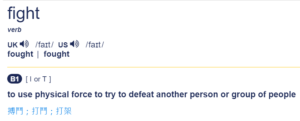














.png)
.png)
.png)

.png)
.png)


.png)
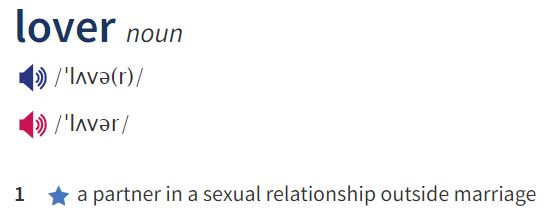












.png)

.png)

.png)

.png)
.png)

.png)

.png)
.png)
.png)

.png)
.png)
.jpg)
.jpg)
.png)
.jpg)
.jpg)

.png)
.jpg)
.jpg)
.png)
.jpg)



.png)
.png)


.png)
.png)
.png)




.png)
.png)
.png)






